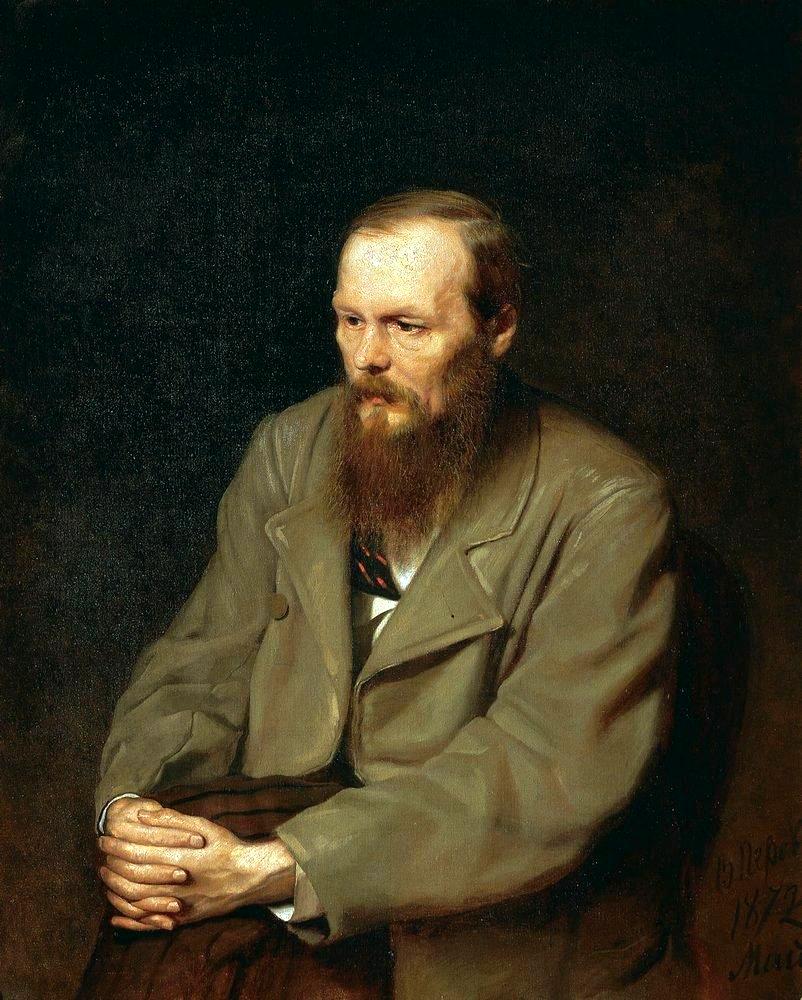Sometime later, I think a few years, I was telling this story to someone and a subconscious part of my brain connected the dream to Crime and Punishment which I had read at the beginning of my senior year in high school. The novel had an enourmous impact on me. (I remember an early conversation on a date with Irene when we discussing literature and she put some good, but not excellent book in its place by casually saying, "I mean - it's no Crime and Punishment, but it's still good." - as if I needed any more reasons to fall for her!) But to cause me to have a nightmare three years later that was so intense as to be taken for a memory? Wow, Dostoevsky certainly had gotten his hooks in me!
For years this story of mine has ended there: A "gee, isn't that interesting?" kind of anecdote on the power of literature. But today a final piece that I didn't even know was missing fell into place while reading the Boston Globe's Ideas section. The writer of a new book on Russian literature casually throws this out at the end of the interview:
"Take “Crime and Punishment”: Raskolnikov is asking, “How does Nietzsche apply to me, a destitute student living in Petersburg? Can I maybe become a superman by murdering a depressing old lady?” That resonates with us, because it’s an experiment in applicability taken to the furthest degree, and not in an abstract way, but in the most concrete, concretely observed way."
I had never, consciously, associated the two. But, thanks to Ms. Batuman (the interviewee of the article), I now realize that my subconscious had made the connection all those years ago...
Will to power, Raskolnikov - will to power.











For the record, I think what I said was, "It's no Dostoevsky." I don't think I singled out Crime and Punishment.
ReplyDelete